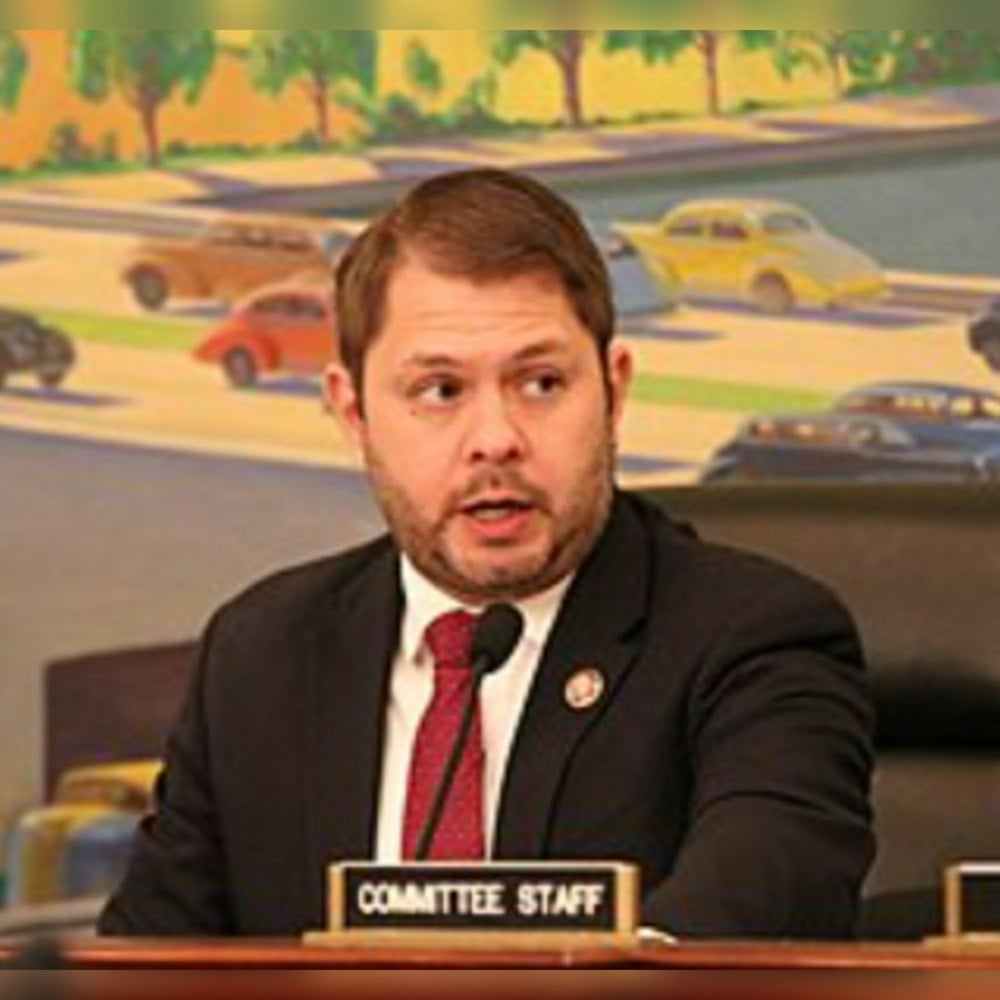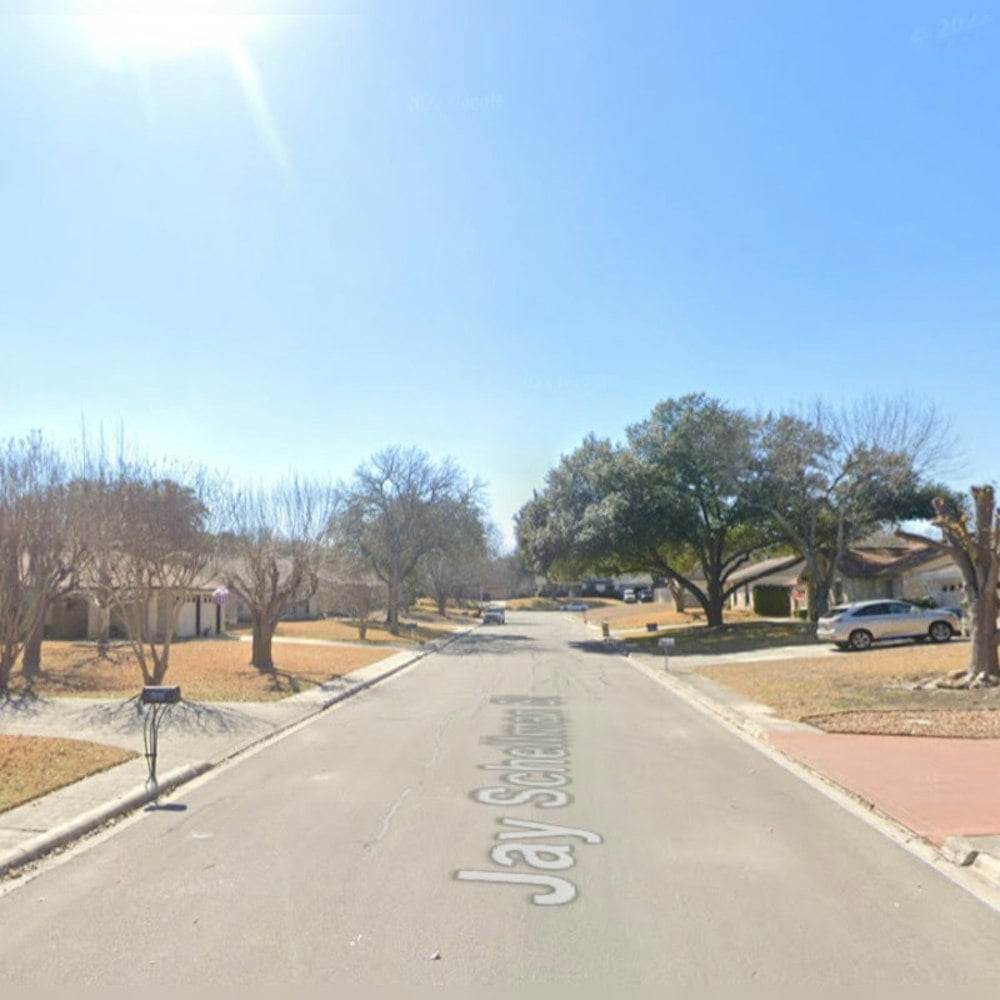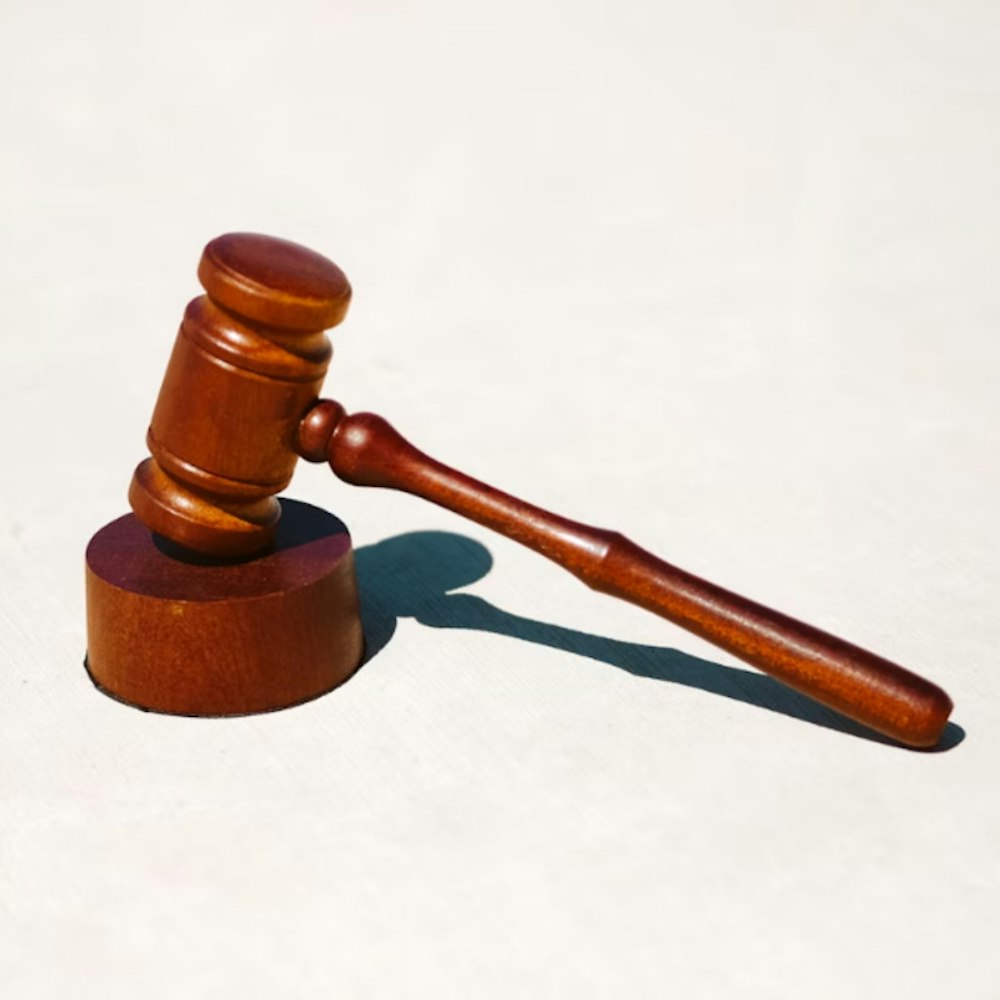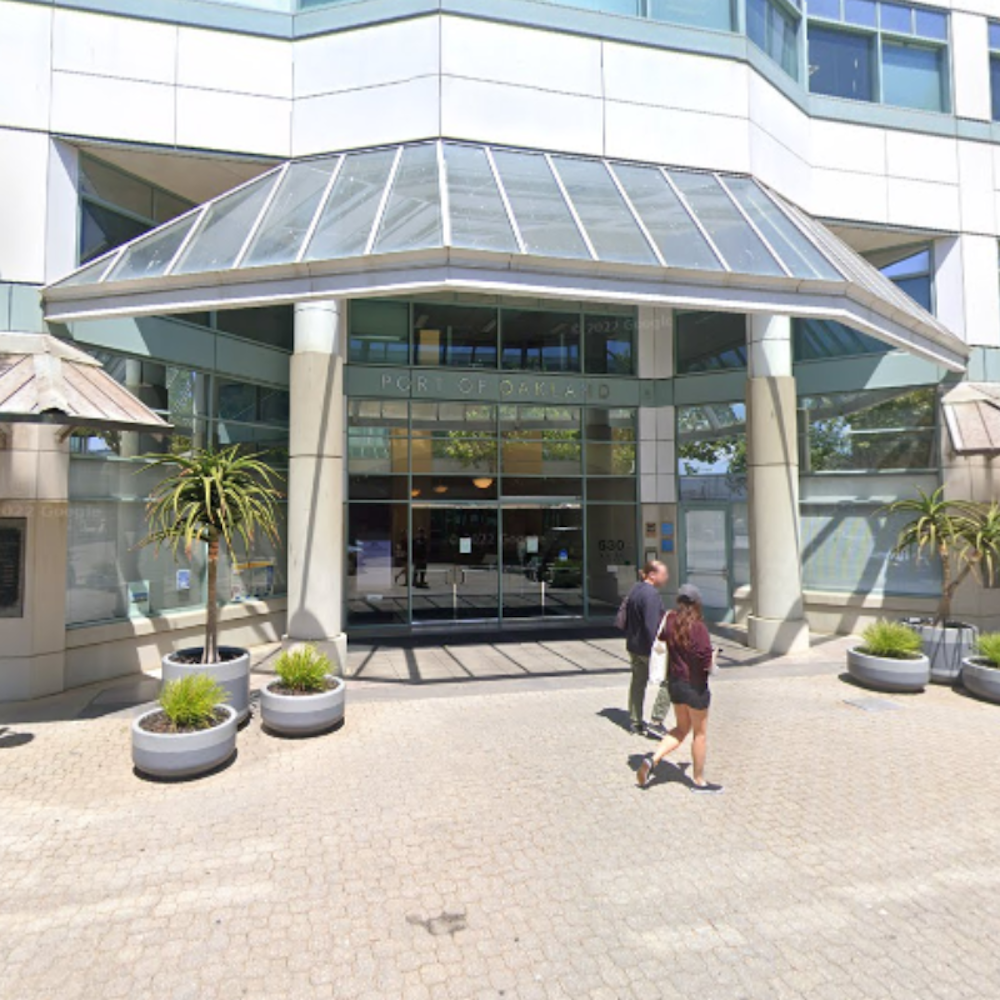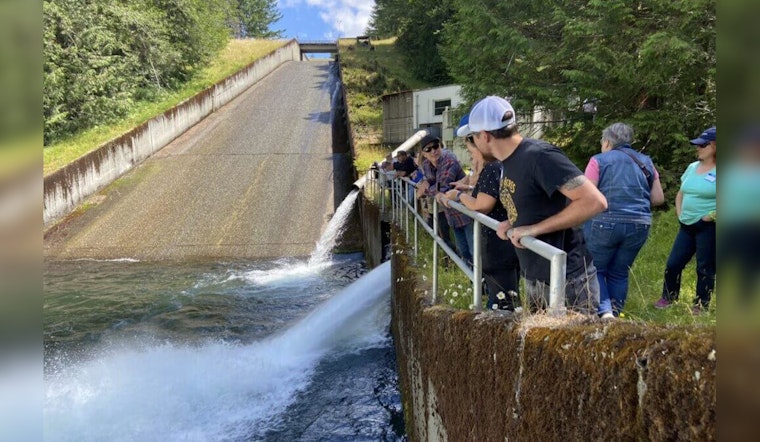
The gears are in motion for the renewal of the South Fork Tolt Hydroelectric Project as the City of Seattle has officially started the relicensing process with the Federal Energy Regulatory Commission (FERC). Documents filed include the Notice of Intent (NOI) and Pre-Application Document (PAD), according to an announcement on the City's official blog.
Seattle's power and water utilities have joined forces, with City Light running the 16.8-megawatt hydropower facility since its commissioning in 1996, and Seattle Public Utilities (SPU) managing the essential drinking water supply from the reservoir for around 1.6 million locals since the 1960s. The plant may contribute a marginal amount, less than 1% of City Light’s total power productions, but it remains vital by fueling the Tolt Water Treatment Facility, thus maintaining a balance with other renewable energy sources.
Relicensing is not just about continuing operations, it serves as an opportunity to reassess and understand the hydroelectric project comprehensively. The NOI serves as a signal flare to FERC, letting them know the relicensing process has begun, and assuring that all stakeholders, including, Tribes, government bodies, and the community have been duly informed.
The PAD is essentially a dossier of the project's nuts and bolts, operations, license obligations, and related land details. It compiles not just mechanical aspects, but also encompasses the cultural and natural inventory of the project's realm, as asserted by the City's publication. This document serves as the foundation for all parties to pinpoint issues, determine study requirements and frame the ensuing license application steps.
FERC is expected to facilitate a public scoping meeting coupled with a site visit in the coming summer. The intent is to engender a collaborative environment where the City, Tribes, and others participating in the licensing process can shape a repertoire of studies aimed at mending knowledge gaps, and subsequently, clothe the new license in the requisite detail.
